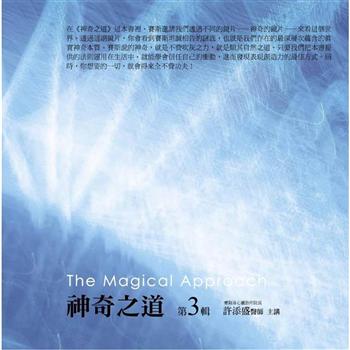This book explores the lived experience of unemployment from a critical social psychological perspective. It connects the condition of unemployment to governance structures and wider societal issues, such as the labor market tendencies of precarity and enterprise culture. Based on qualitative data collected in Denmark and America, the book gives voice to unemployed people to critically discuss both the intended and unintended consequences of active labor market measures, as well as the frequent moral evaluations that surround unemployment.
The author explores how unemployed people make sense of and deal with the demands and activities required by activation policies or ALMPs, which tend to make the job seekers responsible for finding a solution to their condition. Building from the subjective experience of unemployment, it maps the complex emotional demands on jobseekers who should feel shame and self-blame but also display motivation and passion on the labor market. Presenting emotions and feelings as pivotal instruments of the governmentality of worklessness, this book addresses the lack of critical discussion and research into the unemployment experience and offers a useful, provocative perspective for students, scholars, and practitioners alike in social psychology, social policy, economic policy, and related disciplines.












